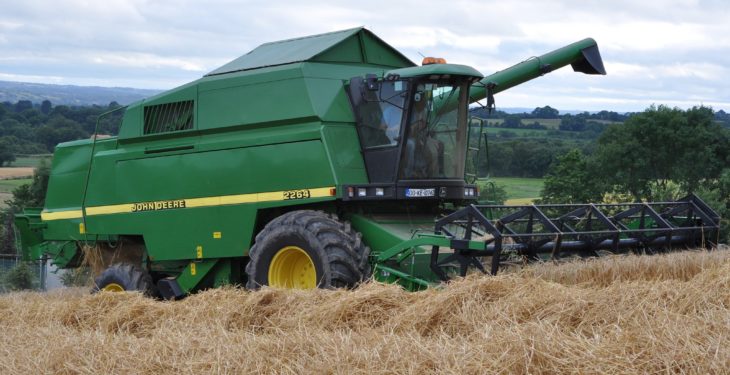The Food Vision Tillage Group draft interim report calls on the government to scrap the Tillage Incentive Scheme (TIS) and replace it with a new scheme incorporating a more environmental focus.
It is among over 20 proposed recommendations in the draft document, seen by Agriland, which members of the group have to give their feedback on by today (Friday, September 15).
The stakeholders’ views will be considered before the final version of the document is sent to Minister for Agriculture, Food and the Marine, Charlie McConalogue.
Similar to the groups set up for the dairy, beef and sheep sectors, the primary role of the Food Vision Tillage Group will be to address the climate change targets that have been put in place for the crops sector.
Although the tillage sector is the most carbon efficient agricultural sector, there is scope to further reduce emissions on tillage farms.
The Climate Action Plan sets out targets for the inclusion of cover crops in tillage to 50,000ha and to increase the incorporation of straw to 55,000ha.
Food Vision Tillage Group
The Food Vision Tillage Group, which is chaired by Matt Dempsey, was established by Minister Charlie McConalogue in April.
Its membership includes farm organisations, tillage and industry sectors, state agencies, University College Dublin (UCD) and officials from the Department of Agriculture, Food and the Marine (DAFM).
The remit of group, which has met on six occasions, is to produce a detailed plan and recommendations to sustainably grow the sector to 400,000ha by 2030.
However, members pointed to availability and access to land as the biggest challenge facing the sector in terms of increasing the area under crops.
New scheme
The draft report, which still may be altered before being sent to Minister McConalogue, calls for a Tillage Expansion and Sustainability Scheme.
This would reward measures such as the adoption of cover crops, the use of protected urea and the use of organic manures by tillage farmers.
The report also suggests enhancing existing supports such as the Straw Incorporation Measure (SIM), Protein Aid Scheme and the Tillage Capital Investment Scheme (TCIS).

Members also suggested that the department should examine the suitability of the new Agri-Climate Rural Environment Scheme (ACRES) for tillage.
The report calls for a new working group to examine issues around the transfer of organic manures between livestock and tillage farmers.
This could include the verification of movements, the development of a rapid verifiable slurry testing system, storage capacity and transport costs.
The suggested actions in the draft report state that taxation measures should be explored to support growth in the tillage sector.
The group also wants the government to engage with the EU on the Sustainable Use of Pesticides Regulation and expand research on integrated pest management, technologies and more resilient crop varieties.
The draft report also calls for more research on the use of Irish ingredients in livestock rations and into the development of opportunities in the drinks sector for Irish grain.
Along with increasing awareness of organic tillage, the group suggests a desktop study on the potential for oilseed rape processing in Ireland.
